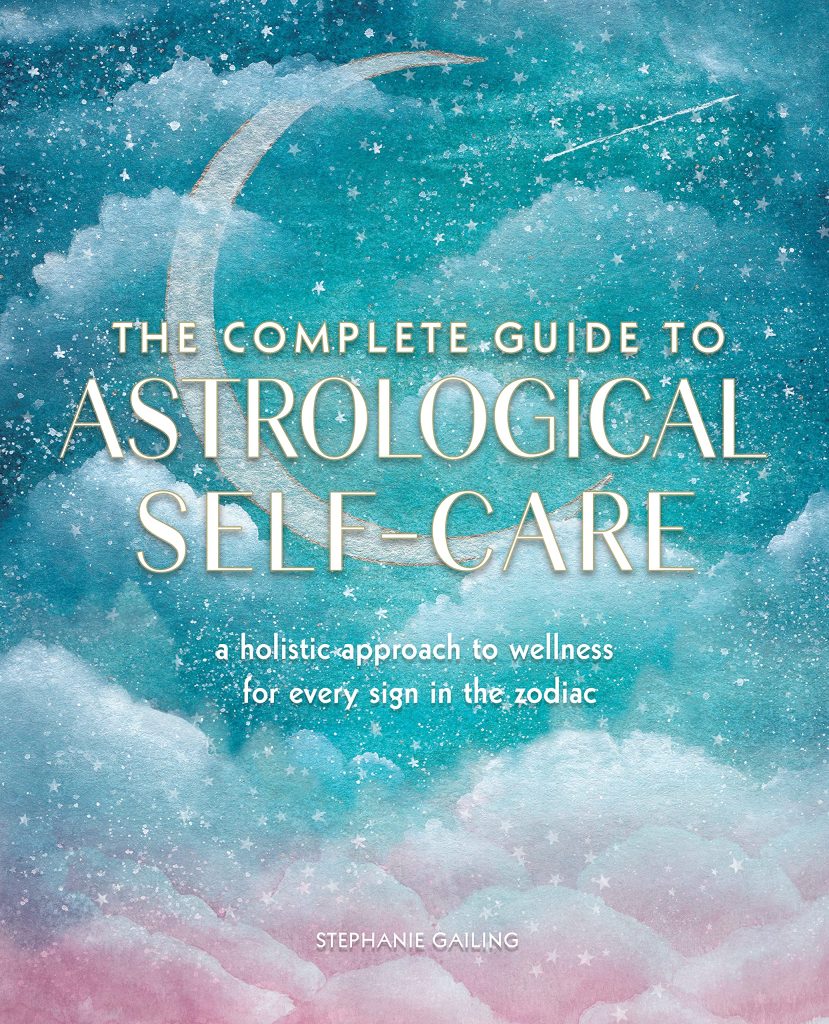Exploring the Connection between Water and Spirituality: Bathing Meditation as a Self-Care Practice

The Sacred Nature of Water in Spiritual Practices
Throughout history, water has been a vital source of life and spirituality, emphasizing its importance across different cultures. In Nigeria, the Niger River stands out as a revered waterway, viewed as sacred by numerous communities. It is not just a physical entity but a symbol that embodies the essence of life and the interconnectedness of various spiritual beliefs. Cleansing rituals accompany these beliefs, where water serves as a means to purify the spirit, cleanse the mind, and renew the body.
The act of bathing takes on a deeper significance beyond mere hygiene; it can transform into a spiritual experience that fosters a connection between the individual and the cosmos. Engaging in bath meditation is one such practice that provides a pathway to self-care, leading to enhanced mental, emotional, and spiritual well-being. Despite its many benefits, this concept remains underexplored by many. Here are several vital elements that demonstrate its significance:
- Emotional Release: Water is often considered a soothing element, capable of washing away not just dirt but also emotional burdens. Whether it’s a warm bath or a cool shower, the sensation of water can facilitate emotional release, helping to alleviate tension and stress experienced during daily life.
- Symbol of Renewal: The flowing nature of rivers symbolizes perpetual change and renewal. Just as water continuously flows, bathing represents the potential for personal transformation. This can serve as a reminder to embrace change and let go of past grievances.
- Mindfulness Practice: Bathing meditation promotes mindfulness by encouraging individuals to focus on the sensations of water enveloping them. This practice enhances concentration and self-awareness, creating a serene space for reflection and introspection.
The relationship between water and spirituality encourages individuals to explore their emotional depths and foster a sense of healing and rejuvenation. In many Nigerian traditions, rituals involving water emphasize this sacred connection, where water is seen as a mediator between the physical and spiritual worlds.
In conclusion, engaging in bathing meditation can significantly impact personal growth and spiritual exploration. With the right mindset and approach, this ritual evolves from a daily routine into a rich journey of self-discovery, inviting individuals to immerse themselves fully in their experience. The sacred act of bathing underscores not only the physical cleansing but also the profound potential it holds in navigating life’s challenges and enriching one’s spiritual journey.
ADDITIONAL INSIGHTS: Expand your understanding here

Unlocking Inner Peace Through Bathing Meditation
Bathing meditation, when approached with mindfulness and intention, transcends its role as a hygienic routine, becoming a powerful tool for personal transformation. In various cultures, particularly within Nigeria’s rich tapestry of ethnic traditions, bathing is steeped in rituals that emphasize both purification and spiritual rejuvenation. By consciously engaging in bathing as a meditative practice, individuals can forge a deep connection with their inner selves while harnessing the transformative properties of water.
The soothing qualities of water extend beyond the physical. Research indicates that immersion in water can significantly lower cortisol, the hormone associated with stress. When cortisol levels decrease, individuals often experience a profound emotional release, which can alleviate anxiety and pave the way for healing. The sensation of water against the skin creates a symphony of sounds—a gentle splash, the soft trickling—that fosters a tranquil atmosphere conducive to meditation. This auditory backdrop can effectively drown out distractions, allowing the mind to enter a state of serene contemplation.
Moreover, a bathing meditation practice encourages individuals to become fully immersed in the present moment. This engagement can be enriched by incorporating mindful techniques, including:
- Mindful Breathing: Concentrating on one’s breath while experiencing the water’s sensations provides an anchor for the mind, fostering deep relaxation and peace.
- Visualization: Picture the water washing away more than just dirt; envision it carrying off emotional weight and negative thoughts. This technique can empower individuals to approach life’s challenges with renewed clarity.
- Gratitude Practice: While soaking, acknowledging the life-sustaining qualities of water can deepen spiritual connections, reinforcing awareness of the abundance that life offers.
In many Nigerian communities, water is not only cherished for its nourishing properties but also revered as a vital medium for spiritual cleansing. Ceremonies like Osumare, which involve ritual baths at sacred rivers, emphasize this deep respect for water as a spiritual conduit. These practices highlight the belief that bathing serves not merely as a physical act, but as a profound spiritual journey, bridging the gap between the physical realm and the divine.
The intention behind bathing meditation invites individuals to explore not just the ritualistic aspects, but also the archetypal significance of water in various spiritual traditions. For instance, in Yoruba beliefs, rivers and streams are often associated with deities and ancestral connections. This cultural framework provides an additional layer of meaning, encouraging individuals to recognize their relationship with the universe and their ancestry each time they step into water.
By nurturing this intentional practice, individuals can cultivate a richer understanding of themselves and their place in the world. Bathing meditation offers a unique convergence of physical, emotional, and spiritual rejuvenation, laying the groundwork for improved self-care and personal growth. Embracing this practice can lead to a more profound sense of connection—both to oneself and to the rituals that shape cultural identities in Nigeria and beyond.
| Key Concepts | Descriptions |
|---|---|
| Mindfulness and Water | Bathing meditation transforms ordinary bathing into a sacred experience, enabling practitioners to cultivate a deep connection with the present moment. |
| Emotional Release | Water serves as a conduit for emotional release, facilitating healing by allowing practitioners to wash away stress and negativity during meditation. |
| Symbolism of Purity | In many cultures, water symbolizes purity and renewal. Engaging in bathing meditation elevates self-care practice by invoking ritualistic cleansing of both body and spirit. |
| Spiritual Awakening | The experience can lead to profound spiritual insights, fostering a sense of deeper connection to oneself and the universe through the transformative power of water. |
Water, as a vital element, fosters a profound connection between the physical and spiritual realms. This connection enhances the practice of bathing meditation, providing both the opportunity to engage deeply with one’s thoughts and emotions while promoting a rejuvenation of the spirit. Throughout history, water has played a pivotal role in various rituals and spiritual practices. As such, transforming a simple act of bathing into a meditational experience transcends the mundane, inviting practitioners to explore layers of mindfulness often overlooked in fast-paced life.Incorporating elements of breathing exercises and focused intention during the bathing process can amplify the emotional and spiritual benefits. Many find that this practice illuminates aspects of their being, leading to personal discoveries that often lay dormant. It’s a powerful reminder of the interconnectedness of all life, as the ebb and flow of water mirrors the cycles of existence. This self-care practice not only nurtures the body but also opens channels for spiritual growth and emotional healing. As practitioners immerse themselves in this ritual, they can harness the cleansing power of water to embark on a journey that enhances both mental clarity and emotional resilience.
YOU MAY ALSO LIKE: Read read another article
Rituals of Rejuvenation: The Cultural Context of Water in Nigeria
Across Nigerian culture, the role of water extends far beyond its physical presence; it encapsulates a spiritual ethos that resonates deeply within the community. Traditional practices often involve the use of water in healing and protective rituals, underscoring its significance as a life-giving force. People initiate their bathing meditation with a focus on intention, invoking the strengthening qualities of water to aid in self-discovery and emotional well-being.
The Juju rituals performed by various ethnic groups identify water as an essential element for invoking blessings and prosperity. Such ceremonies are often structured around the belief that water possesses the ability to cleanse not just the body, but also the spirit. The Oshun-Osogbo festival serves as a pivotal example, where devotees partake in ritual baths as a form of devotion to the river goddess Oshun, seeking both purification and guidance. Participants immerse themselves in water while expressing gratitude and reflecting on personal goals, merging spiritual practice with the physical act of bathing.
Interestingly, bathing meditation aligns closely with the principles of mindfulness. By taking time out to engage in ritualistic bathing, individuals create a sacred space that encourages introspection. In Lagos, for instance, it is common to witness communal bathing gatherings where friends and family share stories while immersing themselves in water, thereby deepening their connections with one another. These social aspects parallel individual practices, bolstering communal and familial ties while creating a sense of belonging.
Another dimension to consider is the generational wisdom embedded within traditional bathing practices. Elders frequently guide younger generations on how to incorporate bath rituals into daily life, sharing techniques rooted in centuries-old practices. These interactions not only serve as an educational exchange but also enhance cultural identity. Conversations during such practices often revolve around the significance of water, weaving narratives that connect the personal to the communal, the contemporary to the ancestral.
Furthermore, opting for natural elements within one’s bathing practice can transform meditation into a more holistic experience. Many Nigerian households use leaves and herbs known for their spiritual properties to enhance their baths. The act of adding these natural components to the water can amplify the meditative state, promoting enhanced emotional and physical rejuvenation. For example, the inclusion of lemongrass might elevate one’s spirits, while bitter leaves are often seen as a way to ward off negativity, enriching the overall therapeutic experience.
Engaging in a bathing meditation practice rooted in these cultural traditions not only fosters self-care but also rejuvenates one’s connection with heritage. This unique approach allows individuals to honor their ancestral roots while simultaneously crafting a modern self-care routine. As people explore these traditional practices, they may uncover deeper spiritual dimensions that enrich their everyday lives, thereby merging continuity with innovation.
Ultimately, the exploration of bathing meditation in Nigeria highlights the profound relationship between water and spirituality. This examination fosters personal healing and cultivates community solidarity, allowing individuals to celebrate their past, embrace the present, and connect with the divine through the simple yet profound act of bathing.
LEARN MORE: This related article may interest you
Reflecting on the Water-Spirituality Connection
In summary, the exploration of bathe meditation within the rich cultural tapestry of Nigeria reveals a multifaceted connection between water and spirituality. Water serves not just as a source of physical sustenance, but also as a profound element for emotional and spiritual renewal. The way communities engage in bathing rituals, such as those seen in the Oshun-Osogbo festival, illustrates that the act of cleansing is laden with intention and significance. This deeply rooted tradition showcases water’s transformative ability to foster healing and promote a sense of purpose.
The integration of natural elements like lemongrass and bitter leaves into bathing practices further elevates the spiritual benefits, creating a holistic experience that bridges the physiological with the metaphysical. Furthermore, as elders pass down their wisdom about these rituals to younger generations, they create a living cultural narrative that reinforces identity and community solidarity.
Ultimately, engaging in bathe meditation as a self-care practice invites individuals to reconnect with their heritage and encourages them to cultivate mindfulness in daily life. Such practices not only celebrate personal well-being but also strengthen familial and communal ties. As readers delve deeper into these time-honored traditions, they may uncover fresh insights into how the simple act of bathing can illuminate and enrich their spiritual journey. By embracing these practices, one can honor the past while nurturing a meaningful present and a hopeful future.


